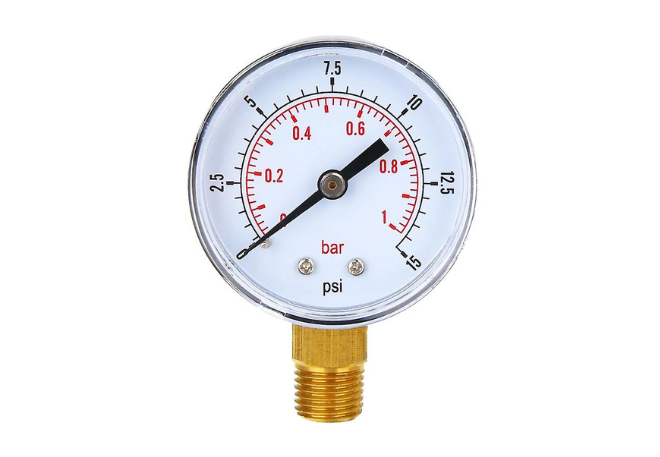Why Do You Need High-Quality Connectors for Your Electronics Projects?
Connectors play a crucial role in the functionality and reliability of electronic systems. Whether you're a hobbyist working on a DIY project or a professional engineer involved in high-stakes designs, the quality of the connectors you choose can significantly impact your results. In this blog post, we'll explore the importance of high-quality connectors, the different types available, and how to select the right ones for your needs.
Understanding the Importance of Reliable Connectors
Connectors are more than just functional components; they are the lifelines of electronic circuits, facilitating effective communication and power supply between various components. Here’s why you should prioritise quality in your connectors:
- Durability and Longevity: High-quality connectors are designed to withstand environmental challenges such as temperature variations, moisture, and mechanical stress, ensuring longevity and reliability.
- Enhanced Performance: Superior connectors reduce the risk of signal loss and electrical resistance, which can be crucial for maintaining the performance of your electronic devices.
- Versatility and Adaptability: From simple wire-to-wire to complex multi-pin configurations, the right connectors can be adapted to a wide range of applications, promoting versatility across projects.
Types of Connectors: Choose According to Your Needs
The electronics market offers a myriad of connector types, each suited for specific applications. Here are some of the most common ones:
- USB Connectors: Used in almost all computing devices, USB connectors come in various forms, such as Standard-A, Standard-B, Mini, and Micro USB.
- RJ45 Connectors: Essential for networks and telecommunications, RJ45 connectors connect Ethernet cables to different types of equipment.
- Board-to-Board Connectors: These are crucial in PCB assemblies, allowing for signal transmissions between different circuit boards within a device.
- Circular Connectors: Commonly used in aerospace and industrial applications, circular connectors offer robust mechanical and environmental characteristics.
How to Select the Right Connectors for Your Projects
Choosing the right connector involves considering several factors to ensure compatibility and performance:
- Understand the Application: Determine what electrical, mechanical, and environmental conditions the connector needs to withstand.
- Check the Specifications: Always check the current rating, voltage rating, contact resistance, insulation resistance, and durability (number of mating cycles).
- Consider the Environment: For outdoor or harsh environments, consider connectors with higher IP ratings to ensure protection against dust and water ingress.
Best Practices for Using Connectors in Your Projects
To maximise the effectiveness of your connectors, follow these best practices:
- Proper Installation: Ensure that connectors are correctly aligned and securely fastened to prevent any mechanical stress that could lead to failure.
- Regular Maintenance: Inspect connectors regularly for signs of wear and tear, such as corrosion or loosening. This is particularly important for connectors used in harsh environments.
- Choose Quality Manufacturers: Invest in connectors from reputable manufacturers to ensure that you receive components that meet industry standards and performance specifications.
Innovations in Connector Technology
The world of connectors is continuously evolving, with innovations aimed at improving usability and performance. Some of the latest advancements include:
- Magnetic Connectors: These offer an easy and reliable connection, automatically aligning and disconnecting under stress, which is ideal for consumer electronics.
- High-Density Connectors: With the increasing demand for miniaturisation, high-density connectors provide more connections in smaller spaces, crucial for mobile devices and compact electronics.
- Smart Connectors: These connectors incorporate chips that can store data about the cable or device, enhancing functionality and enabling better device management.
Conclusion
The role of connectors in electronics cannot be overstated. They are foundational to ensuring the reliability and efficiency of your devices. By choosing high-quality connectors and employing them wisely, you can significantly enhance the performance and durability of your electronic projects. Whether you’re working on a simple repair or a complex new design, remember that every connection counts.
By following the insights and practices outlined in this post, you'll be well-equipped to select and use connectors that meet your project's specific needs, ensuring success in all your electronic endeavours. Remember, in the world of electronics, every connection is a vital link to success!




Comments
Post a Comment